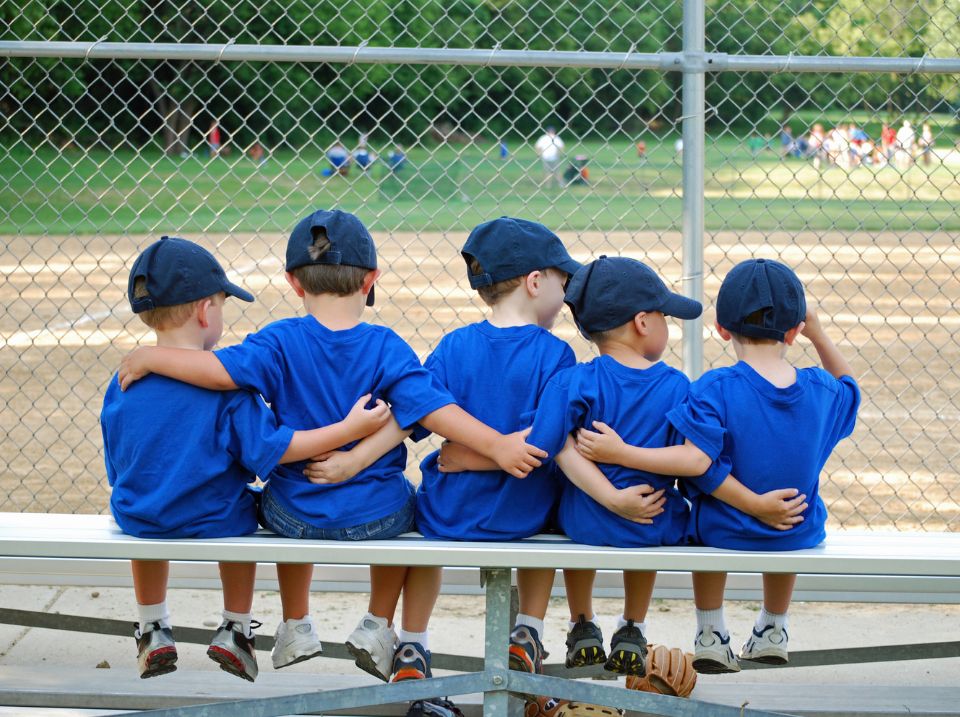Summer is just around the corner here in beautiful British Columbia. As the weather warms and the days stretch longer, many of us are eager to spend more time outdoors. Whether you're heading out to the beach, exploring a local trail, going to the park or meeting friends on a patio, a bit of planning can help protect your skin from the sun's ultraviolet (UV) rays.
Skin cancers are mostly caused by exposure to UV radiation from the sun. They're the most prevalent form of all cancers in Canada. The good news? Most cases are preventable with a bit of sun sense.
"UV radiation is strongest between 11 a.m. and 3 p.m., especially during the summer months in Canada," says Dr. Cheryl Peters, senior scientist at BC Cancer and the BC Centre for Disease Control (BCCDC).
"Making small adjustments to your day – like choosing shaded spaces or shifting outdoor plans to earlier or later in the day – can go a long way in reducing your risk of skin cancer."
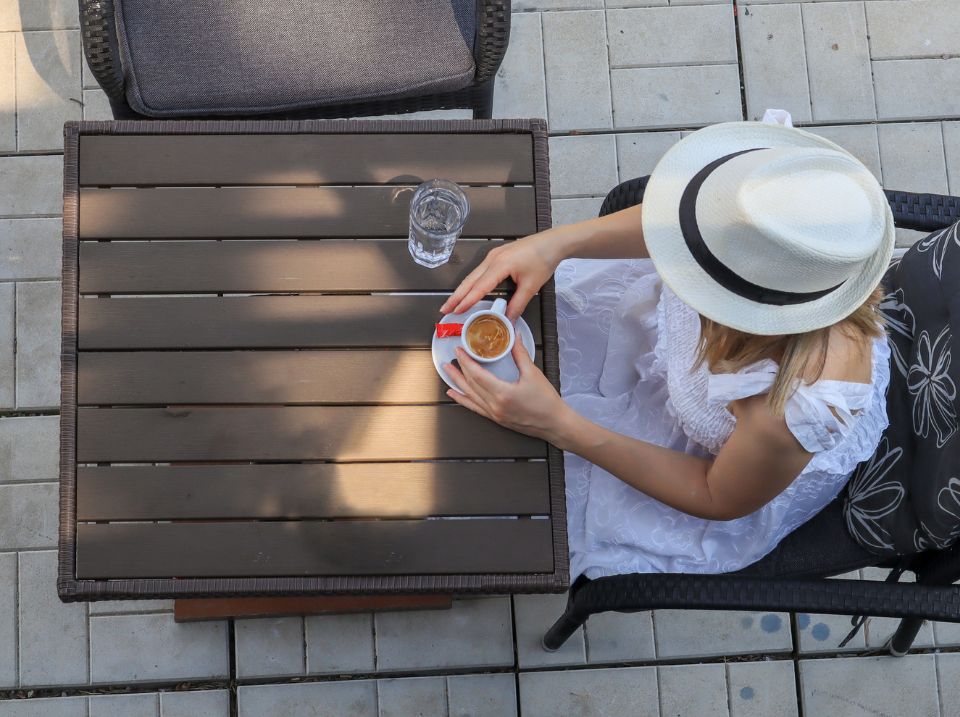
When choosing how to spend your day, look for options that include shade.
"Seeking shade reduces direct exposure to UV radiation, lowering the risk of sunburn, skin damage and the likelihood of developing skin cancer over time," explains Dr. Peters. "Parks with trees or built-in shade can provide valuable protection. If you're heading to the beach, a large umbrella can help you get out of direct sunlight and reduce your overall exposure."
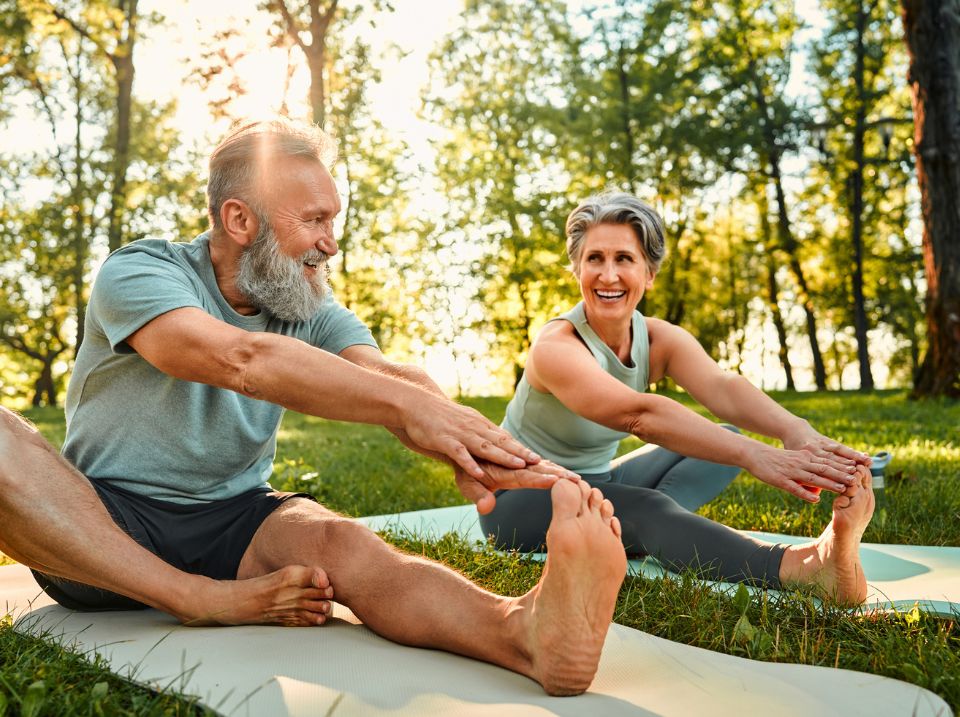
On top of offering protection from skin cancer, seeking shade allows people to escape the direct heat from the sun, helping to prevent heat-related illnesses. This is especially important for children and the elderly, who are at higher risk of heat-related illnesses.

"Children are at higher risk of heat-related illness and skin damage from UV radiation," says Dr. Peters. "While sun exposure at all ages increases the risk of skin cancer, serious sunburn during childhood is one of the strongest risk factors for developing a melanoma skin cancer later in life."
It's important to minimize the time you spend outdoors when UV radiation from the sun is most intense. Typically that's in the middle of the day, between 11 a.m. and 3 p.m., especially during the summer months.
"If you're planning an outing in the sun, try going earlier in the morning or later in the afternoon," says Dr. Peters. "You'll avoid the highest UV exposure. Save the ice cream break for a chance to get out of the sun when it's most intense."
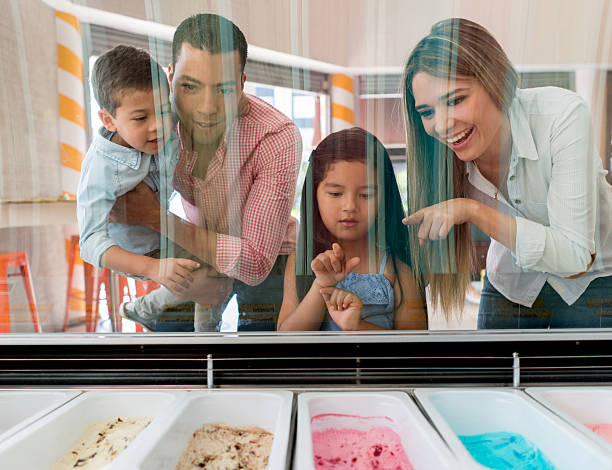
Check the UV Index (you can find it in most weather apps) and be sure to protect yourself – when the UV Index is 3 or higher, be mindful and take sun protection seriously.
Sunscreen should always be part of your routine, even when you're only going outdoors for a short time or staying mostly in the shade. Make sure to use sunscreens that state clearly on the bottle that they are "broad spectrum" (or that they protect against both UVA and UVB rays).
"SPF 30 is a reasonable minimum level of sun protection," says Dr. Peters. "But Sun Protection Factors are based on perfect use, and we know most people don't apply enough sunscreen, nor do they reapply it frequently enough. To increase your confidence that you are protecting yourself with your chosen sunscreen, especially for people with fairer skin, slather on more than you think you need, and reapply it at least every two hours – more if you're swimming or sweating. Don't forget to use a lip balm with at least SPF 15 as well!"
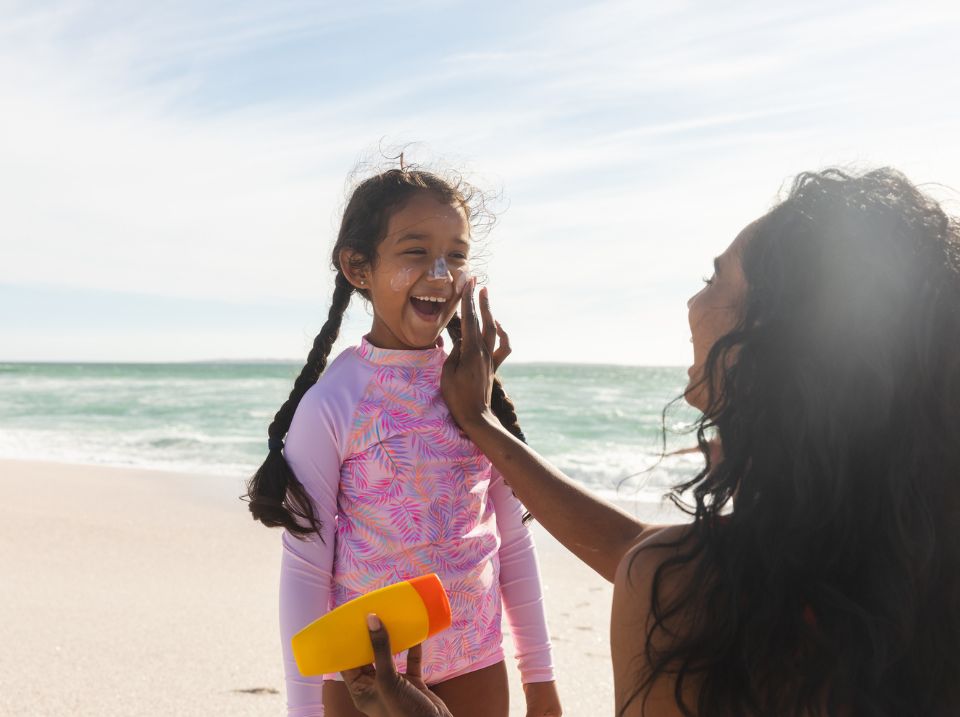
- Wearing lightweight, tightly woven clothing that covers your arms and legs.
- Choosing a wide-brimmed hat; the brim should be as wide as the palm of your hand and cover the full circumference of your head to shade your face, neck and ears.
- Wearing UV-blocking sunglasses – look for wraparound styles that protect both the front and the side of your eyes for more protection. The sun also damages your eyes!
Protecting your skin should be an ongoing effort," says Dr. Peters. "Skin cancer can take years to develop, so what you do today matters tomorrow."
Dr. Peters emphasizes the importance of fostering skin cancer prevention habits in children from a very young age.
"Parents need to know that exposure to the sun is very important, especially for fair-skinned children, with early life sunburns being very strong predictors of getting skin cancer later on," she says. "Just like teeth brushing, the earlier you start teaching your kids about sun safety, the better."
